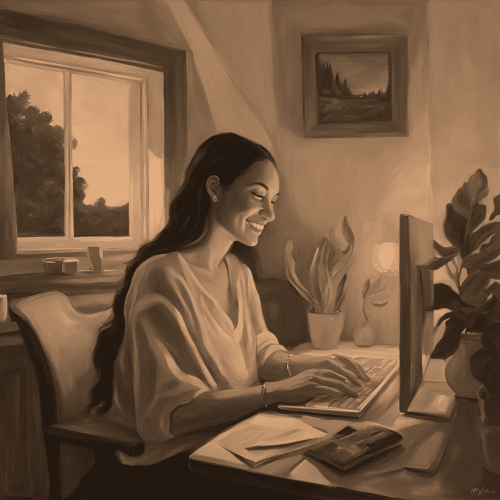As a young professional navigating the corporate jungle, I’ve learned that understanding your coworkers is just as crucial as mastering your job description. Enter personality mapping – the game-changer that’s revolutionizing how we build teams and tackle projects. It’s like having a cheat sheet for office relationships, helping companies tap into the unique strengths of their diverse workforce.
Gone are the days of one-size-fits-all management. Tools like Myers-Briggs, DiSC, and the Big Five are giving us deep insights into how we tick at work. For instance, knowing that I process information best through quiet reflection has helped my manager understand why I prefer to mull over ideas before speaking up in brainstorming sessions. Similarly, realizing that my project partner thrives on data-driven decisions has improved our collaboration immensely. These aren’t just abstract concepts – they’re practical insights that make our day-to-day work life smoother and more productive.
One of the biggest perks I’ve noticed? A serious upgrade in team communication. Understanding different communication styles is like learning a new language – suddenly, you can navigate conversations with colleagues much more effectively. I’ve learned to adapt my naturally direct style when working with teammates who appreciate more context and relationship-building. It’s not about changing who you are, but about finding common ground. The result? Fewer misunderstandings, more productive meetings, and a work environment where everyone feels heard and valued.
Personality assessments are also proving invaluable for team composition and task allocation. In my experience, the most successful projects happen when teams are balanced with complementary strengths. For example, pairing a big-picture thinker (like myself) with a detail-oriented planner has led to some of our most innovative and well-executed campaigns. Moreover, when managers understand what motivates each team member, they can assign tasks that align with our natural inclinations. It’s a win-win: we’re more engaged with our work, and the company benefits from our peak performance.
However, it’s crucial to approach personality mapping with an open mind. These tools aren’t meant to put us in boxes or define our entire professional identity. In my team, we use them as conversation starters for deeper discussions about work styles and preferences. It’s about continuous learning and growth, not rigid categorization. By fostering an environment where diverse personality traits are understood and valued, we’re creating more adaptable, resilient teams. In a world where soft skills and emotional intelligence are increasingly important, personality mapping offers a practical way to develop these competencies. It’s not just about improving our current jobs – it’s about building the skills we need to thrive throughout our careers.







